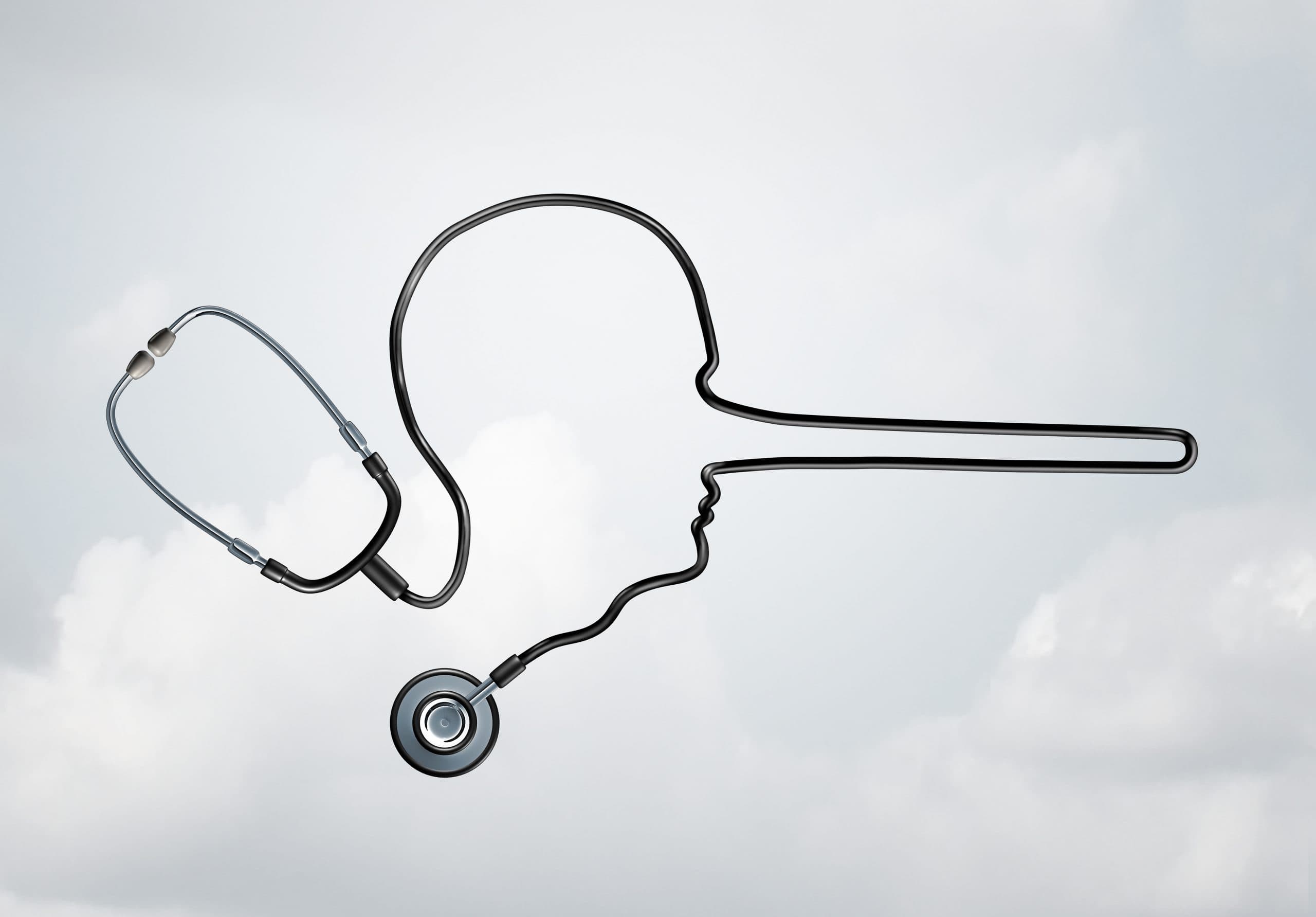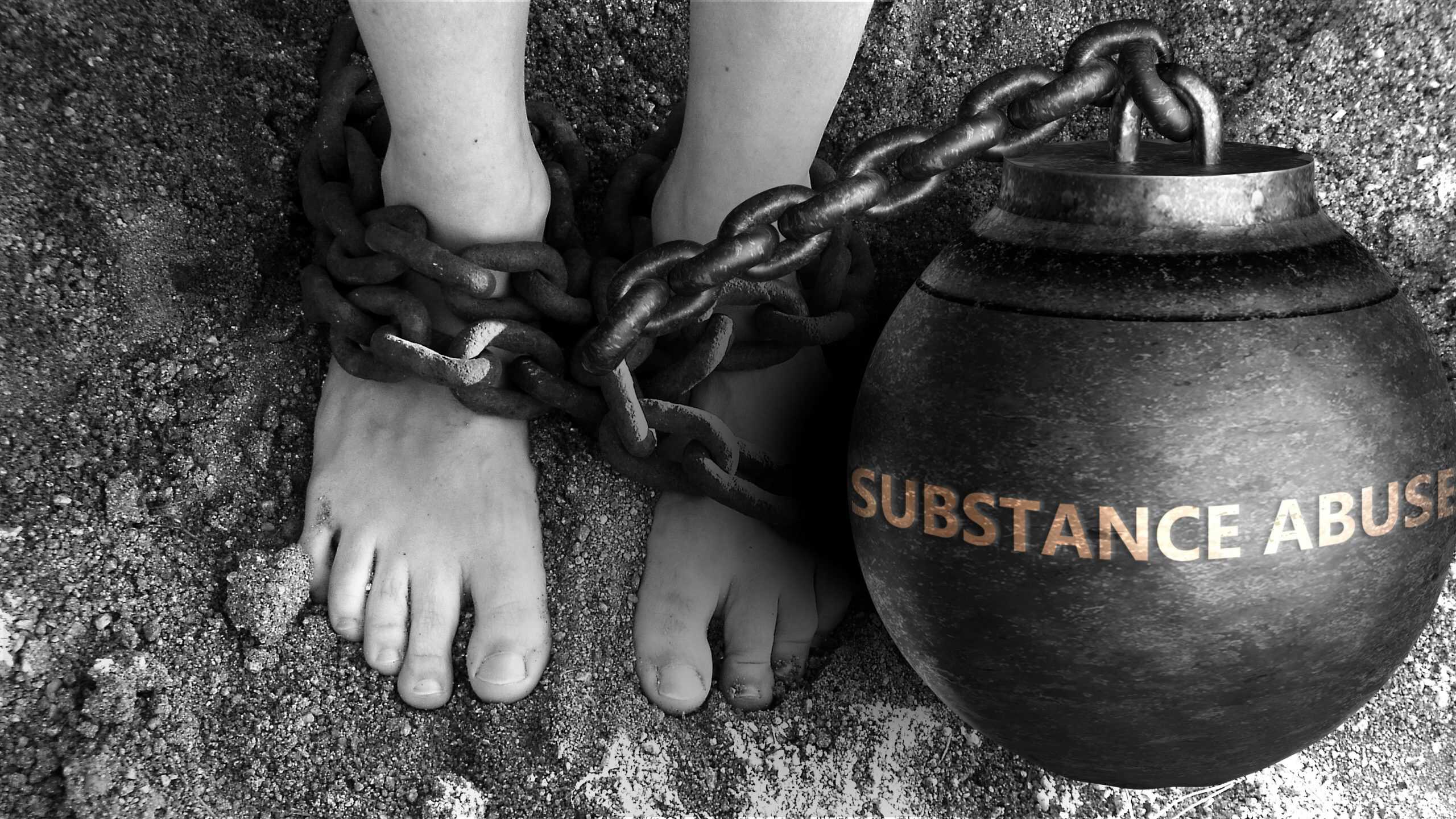Dialectical Behavior Therapy (DBT): A Brief Overview
Posted on May 21, 2021
by Tom Horvath, PhD, ABPP
Dialectical Behavior Therapy (DBT) is an approach to psychotherapy designed for individuals who are highly emotionally sensitive, who struggle with depression and anxiety, and who may at times become suicidal. DBT tools, which focus on distress tolerance, interpersonal effectiveness, emotion regulation, and mindfulness, can be helpful to anyone. You can remember these 4 categories as DIEM, as in carpe diem (seize the day).
DBT is part of the larger family of CBT (cognitive behavior therapy). Marsha Linehan, a psychology professor emeritus at the University of Washington, Seattle, developed DBT as a result of coping with her own emotional problems. Linehan, born in 1943, revealed in her late 60’s the personal connection to her professional work.
Distres...
full story










